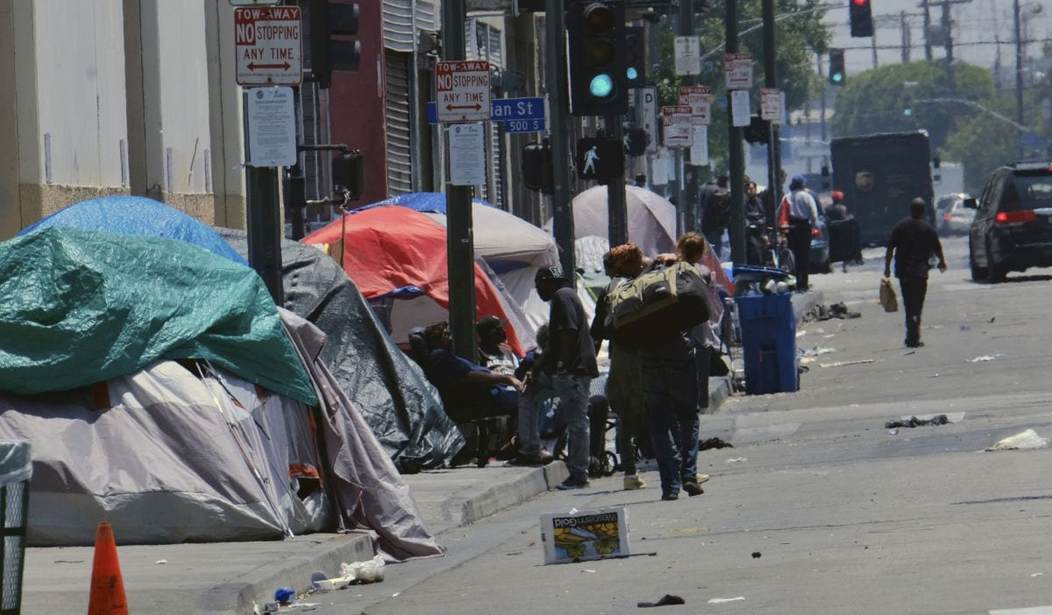A Wall Street Journal article has some surprising results from recent studies on policing in urban areas.
For at least the last 15 years, arrests for petty crimes have plummeted — in many cases, 60% or more. The decline is across the board and is especially noticeable in minority communities.
New York City’s misdemeanor arrest totals have fallen by half since peaking in 2010, with rates of black arrests sinking to their lowest point since 1990. The arrest rate for black men in St. Louis fell by 80% from 2005 to 2017, a period that saw steep declines in simple assault and drug-related offenses. In Durham, N.C., arrest rates for blacks fell by nearly 50% between 2006 and 2016.
While racial disparities in enforcement persist, researchers say they are surprised by the downward misdemeanor trend, which pushes against ingrained assumptions about overpolicing in urban areas.
Is it really that surprising? People aren’t committing any fewer misdemeanor offenses. The police simply aren’t arresting them for it.
The enforcement powers of the police are being used far less often,” said Jeremy Travis, a former president of John Jay College of Criminal Justice in Manhattan. It is a “very deep reset of the fundamental relationship between police and public.”
It’s the reasons why the cops are letting things slide that may be very important. In some jurisdictions, it’s a definite change in police strategy.
In Durham, the arrest rate for 18- to 20-year-old black men dropped by more than 70% from 2008 to 2016, according to the John Jay’s research collaborative.
Durham’s arrest rate started sinking after Jose L. Lopez took over as police chief in 2007, the study noted.
In an interview, Mr. Lopez said he encouraged his department to avoid making a misdemeanor arrest if they can issue a summons or warning.
“We weren’t looking to make arrests,” said Mr. Lopez, who retired as chief at the end of 2015. “The job of a police officer is to guard and make the community safe. The job isn’t to put people in jail.”
It appears to be a reverse “broken windows” strategy. Used with great success by Mayor Giuliani in New York City in the 1990s, arrests for misdemeanors soared, taking violent criminals off the streets and making the city safer.
But even though the policy yielded positive results, there were many who believed the policy was an extreme response.
Former New York City police commissioner William Bratton likened the “broken windows” policing of misdemeanors to cancer chemotherapy. It was tough medicine the city needed when crime, fear and disorder were rampant.
He said the “aggressive treatment…really helped the patient to get better” and allowed New York to “experiment with lower doses.”
Some misdemeanors, like public urination and defecation, public intoxication, and loitering are “quality of life” issues as many incidents occur in residential neighborhoods. As we’ve seen in San Francisco, if you stop arresting people for using the streets and sidewalks as a toilet, you get an epidemic of such behavior. Rather than enforce the law, San Francisco gave up and legalized peeing in public.
So I don’t see how failing to enforce some laws makes people safer. It certainly doesn’t convince minority activists that the police aren’t targeting them for petty enforcement. It may make the jobs of police and the courts easier, but beyond that, to me, it’s one more reason not to live in a big city.










Join the conversation as a VIP Member